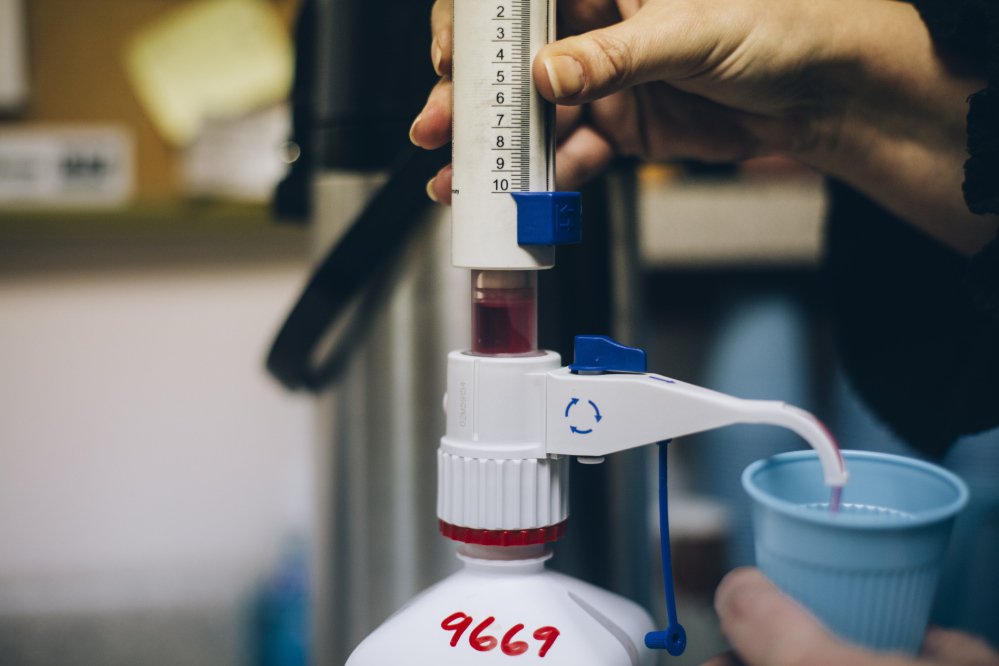AUGUSTA — A legislative committee voted unanimously Friday to endorse a midyear budget that allocates $3 million to a new opiate addiction treatment program while socking away an additional $35 million in the state’s “rainy day” fund.
The supplemental budget also includes $5 million to maintain a tuition freeze at the University of Maine System for in-state students, a $7 million bailout for the Maine Military Authority in Aroostook County and $4.8 million to rehabilitate state fish hatcheries. The budget bill, which will likely receive a vote in the full Legislature next week, provides funding during the budget year that ends June 30.
Lawmakers are working to complete work on the $64 million supplemental budget before beginning a full dissection of Gov. Paul LePage’s proposed $6.8 billion, two-year budget.
On Friday, they approved $3 million in state funds for a new program to address the state’s growing opioid addiction problem through a multifaceted approach that combines primary medical care, counseling and medication-assisted treatment. When combined with $1.8 million in federal matching funds, the additional $4.8 million will enable the state to serve an estimated 400 uninsured and MaineCare participants struggling with addiction to heroin or prescription opiates.
A record 378 Maine residents died of drug overdoses in 2016; more than 80 percent of those deaths involved heroin, fentanyl or prescription opiates.
“It’s the start of, shall we say, a pilot program,” said Sen. James Hamper, R-Oxford, co-chairman of the Appropriations and Financial Affairs Committee. “We’ll see if this model works, but it’s a good way to start.”
Democratic lawmakers negotiated with LePage and representatives of the Maine Department of Health and Human Services to insert the additional opioid treatment funding into the budget.
“We are in the midst of a crisis when we are losing more than one Mainer a day to this disease. It was critical that we start to provide the resources necessary to address this epidemic,” House Speaker Sara Gideon, D-Freeport, said in a statement. “However, we know that the road to recovery is long and are committed to doing everything in our power to make sure that every Mainer has access to treatment.”
Committee members left unchanged LePage’s proposal to earmark an additional $35 million to Maine’s Budget Stabilization Fund. That raises the total in Maine’s “rainy day” fund – intended to help soften the blow of economic downturns – to $157 million.
Other expenditures in the proposed supplemental budget include:
• $2 million to expand an early college program at the University of Maine System.
• $150,000 to the chief medical examiner to improve toxicology screenings for opiates during autopsies.
• $155,000 to the Maine Secretary of State’s Office to place a general obligation bond measure on the June 2017 ballot.
• $4.8 million to construct water supply pipelines and update water treatment equipment at the Casco and Grand Lake Stream fish hatcheries.
• $525,000 to the Maine Emergency Management Agency to help cover disaster-related costs associated with a January 2015 blizzard.
• $7 million to the Maine Military Authority.
The LePage administration had originally sought $10 million for the Maine Military Authority; however, the need was later adjusted to $7 million, thereby allowing budget negotiators to fund the opiate treatment program.
The $7 million bailout of the Maine Military Authority – located on the former Loring Air Force Base in Aroostook County – is aimed at helping the quasi-governmental business complete work on a Boston transit bus project and better position it for the future. The authority severely underbid on a contract to refurbish 32 aging transit buses for the Massachusetts Bay Transportation Authority in Boston, prompting LePage to halt work on the project as administration and Maine Military Authority representatives tried to renegotiate the $19 million contract
Created by the Legislature in 2000, the Maine Military Authority once employed more than 500 people working to refurbish thousands of Humvees and other military vehicles. But work at the Limestone facility fell off when the U.S. drew down its large-scale combat presence in Iraq and Afghanistan. The MBTA bus contract was aimed at helping the authority make the leap to more commercial work, but the two-section, articulated buses proved more complicated and costly to refurbish than anticipated.
The Maine Military Authority owes an estimated $2.2 million to vendors and has a “cash deficit” of $3.4 million, according to figures provided to lawmakers this year. Brig. Gen. Douglas Farnham, head of the Maine National Guard and commissioner of the Maine Department of Defense, Veterans and Emergency Management, testified that taxpayers have never been asked to subsidize the Maine Military Authority before in its nearly 20-year history.
Kevin Miller can be contacted at 791-6312 or at:
Twitter: KevinMillerPPH
Send questions/comments to the editors.





